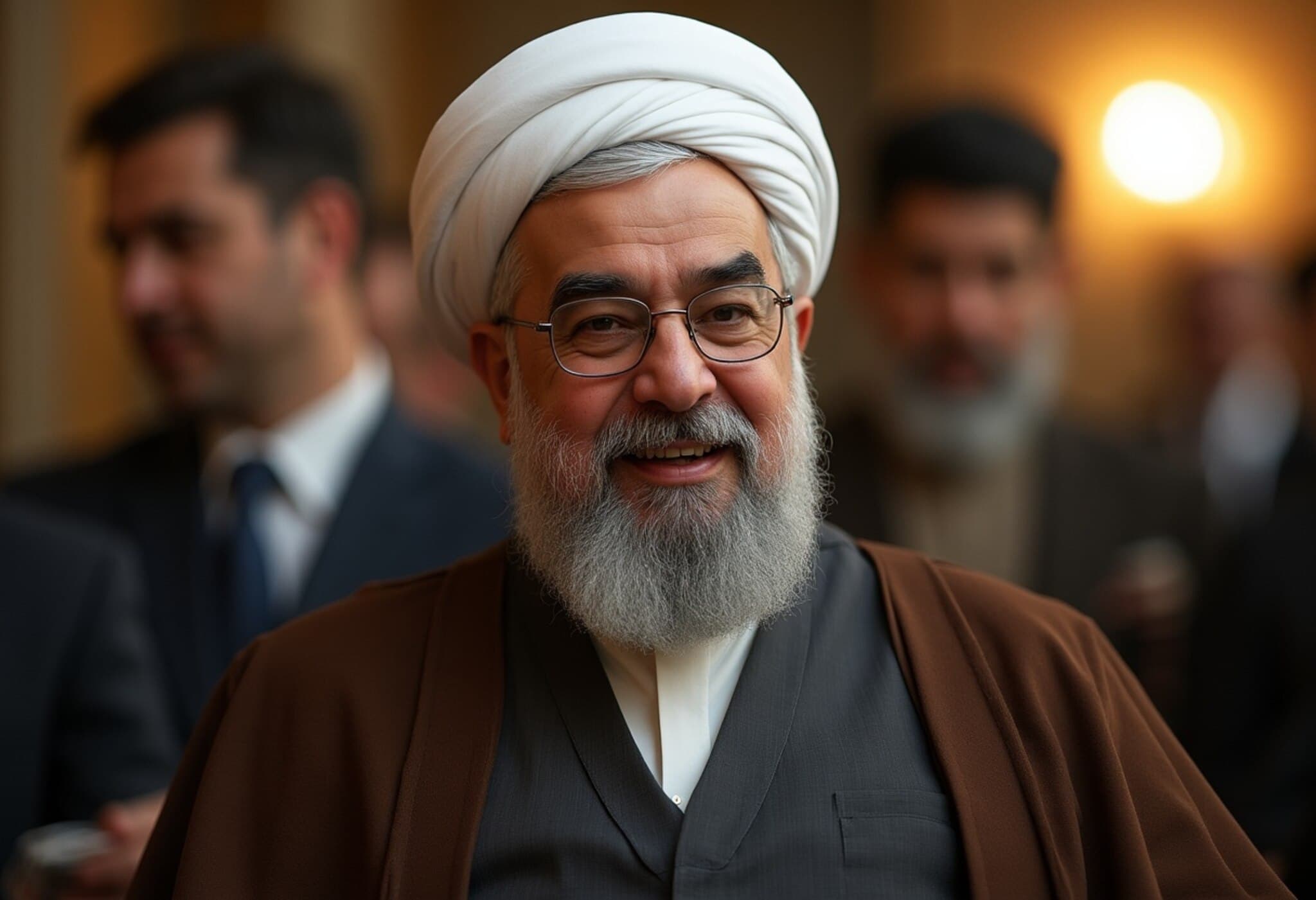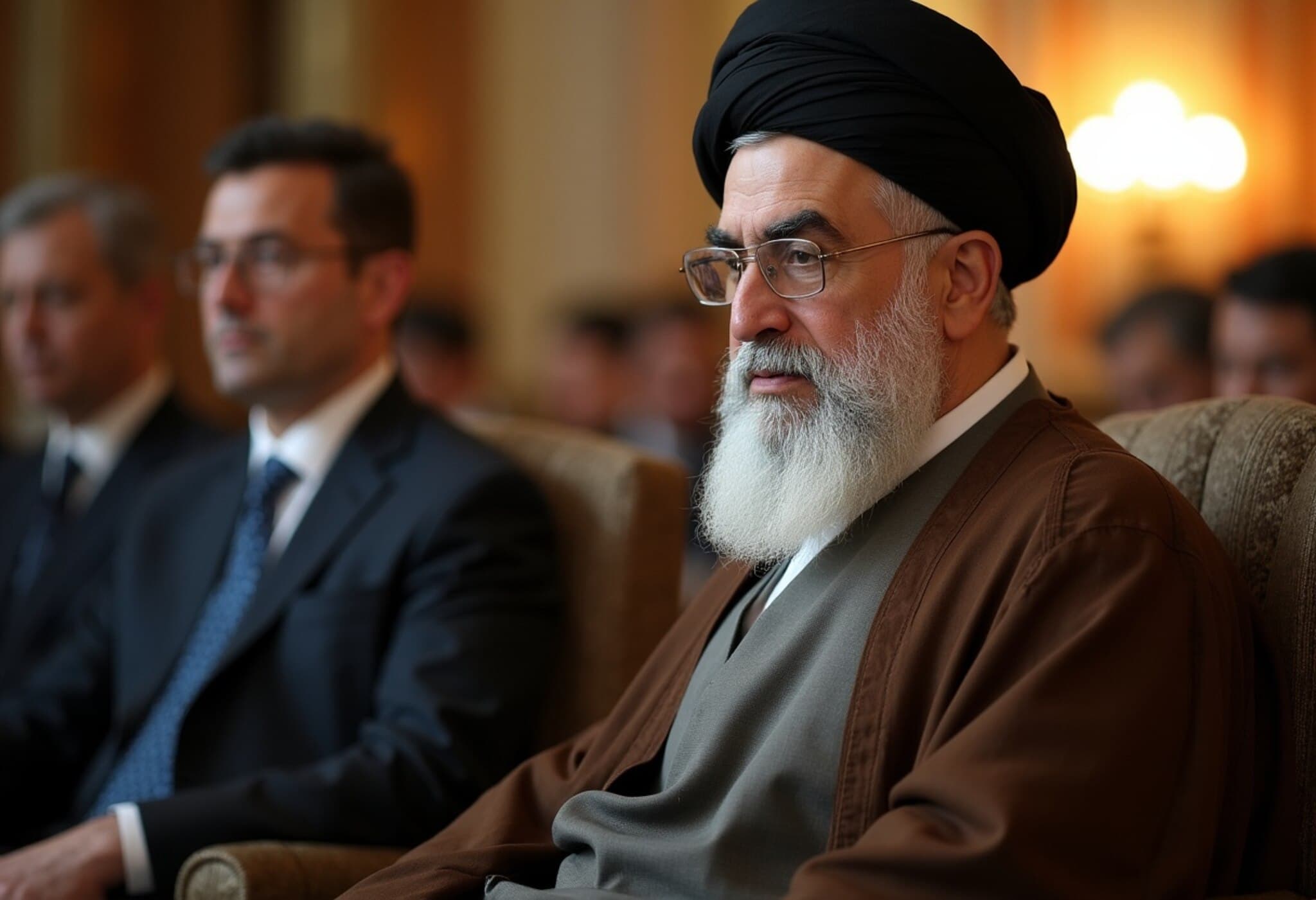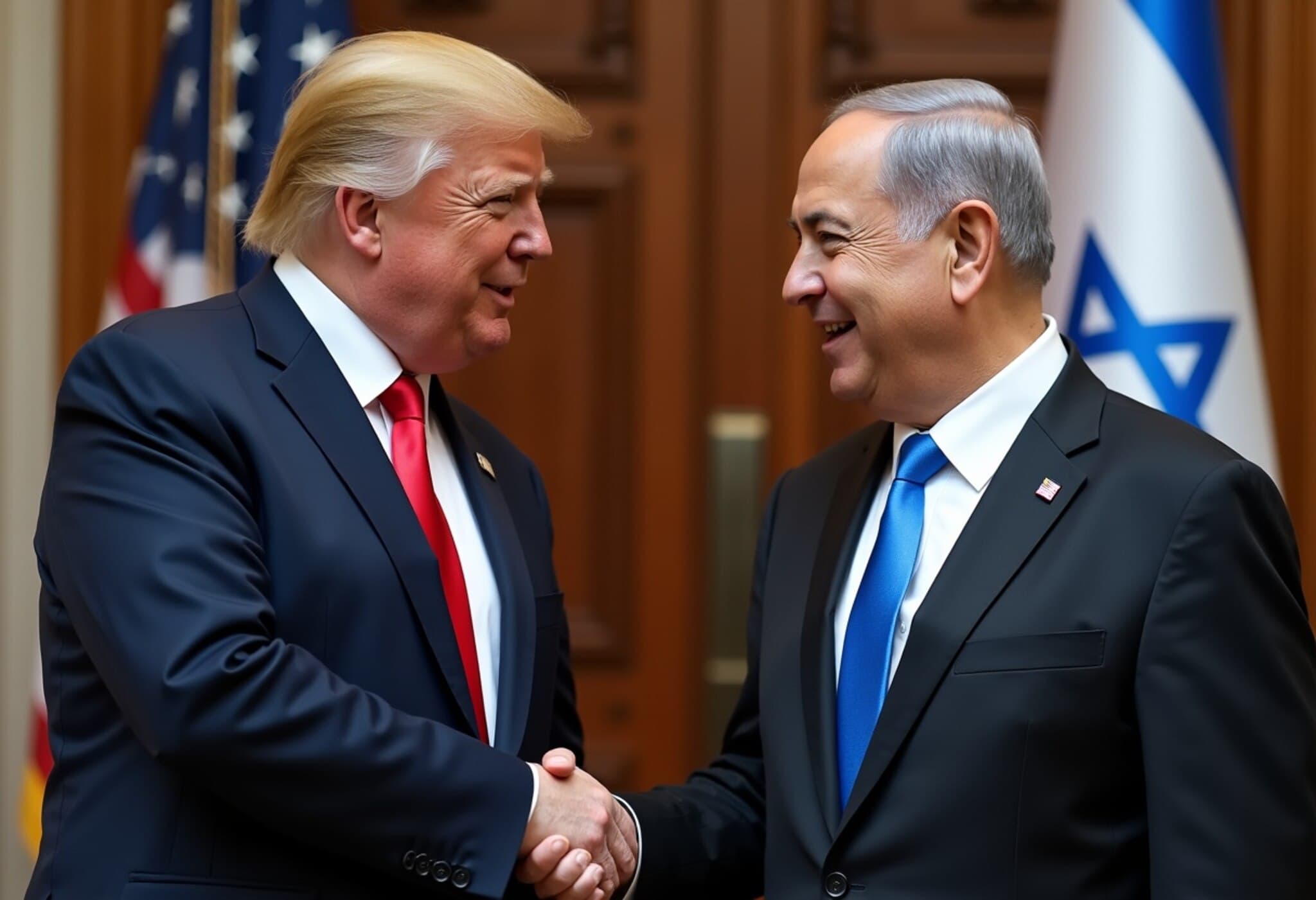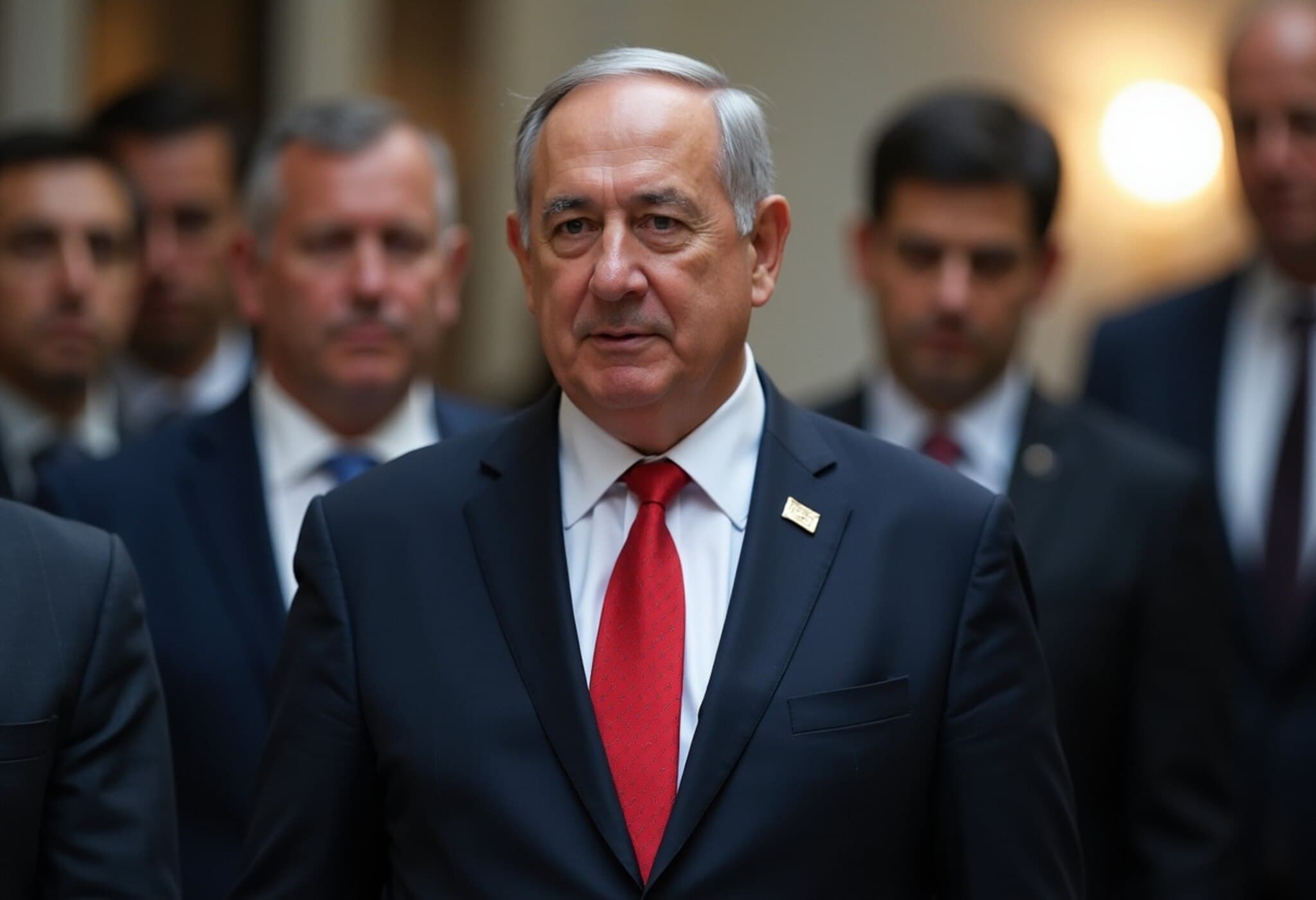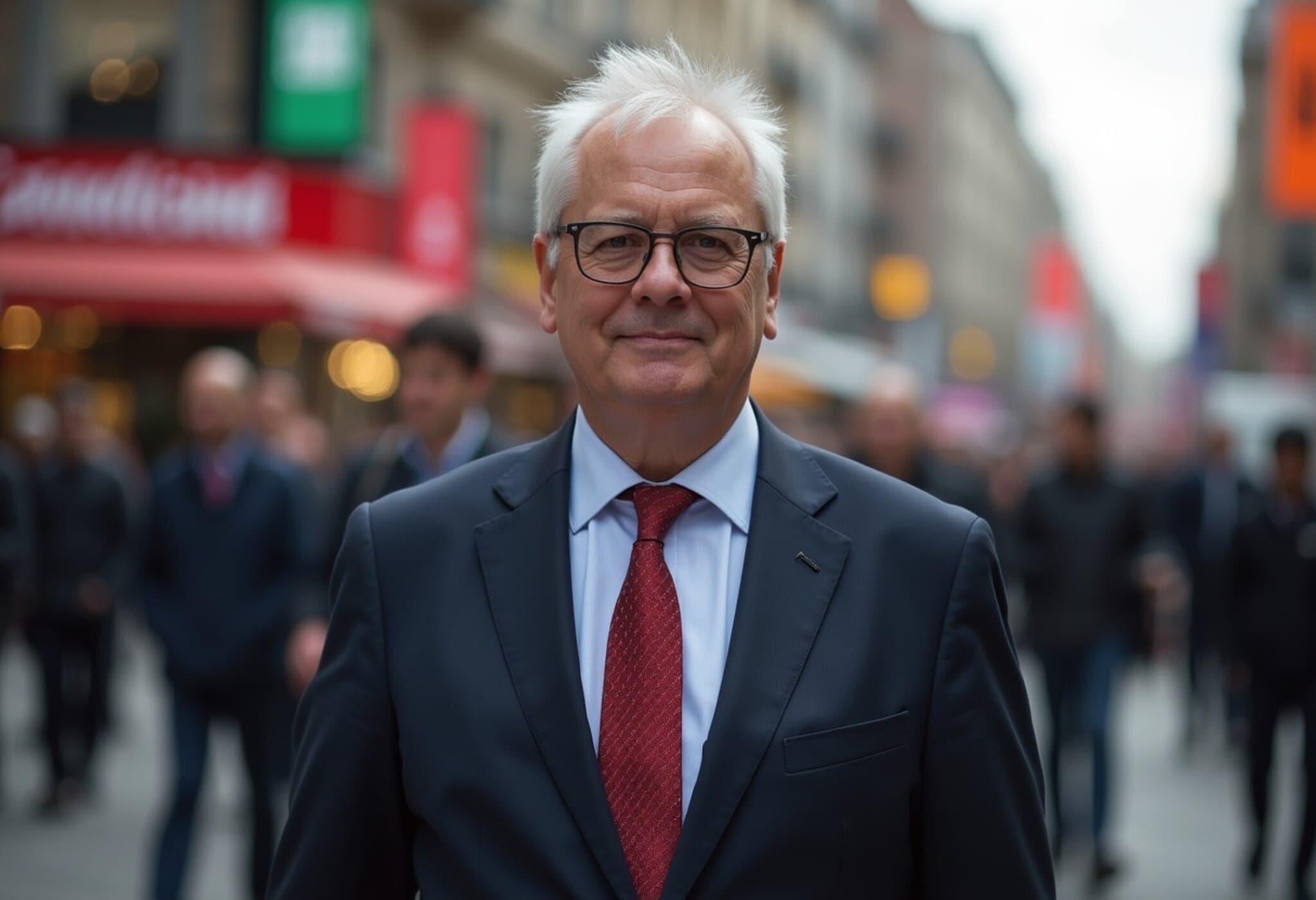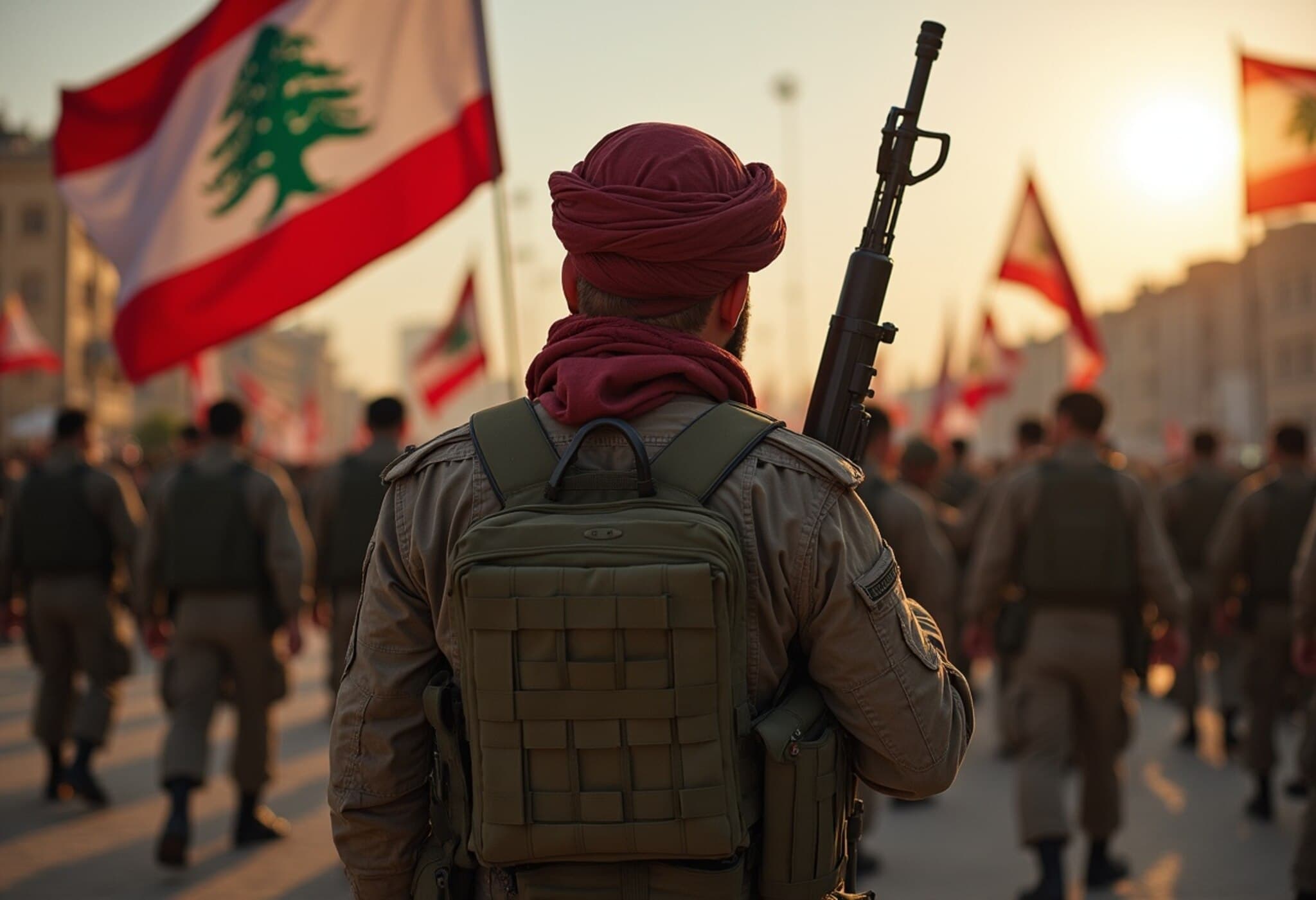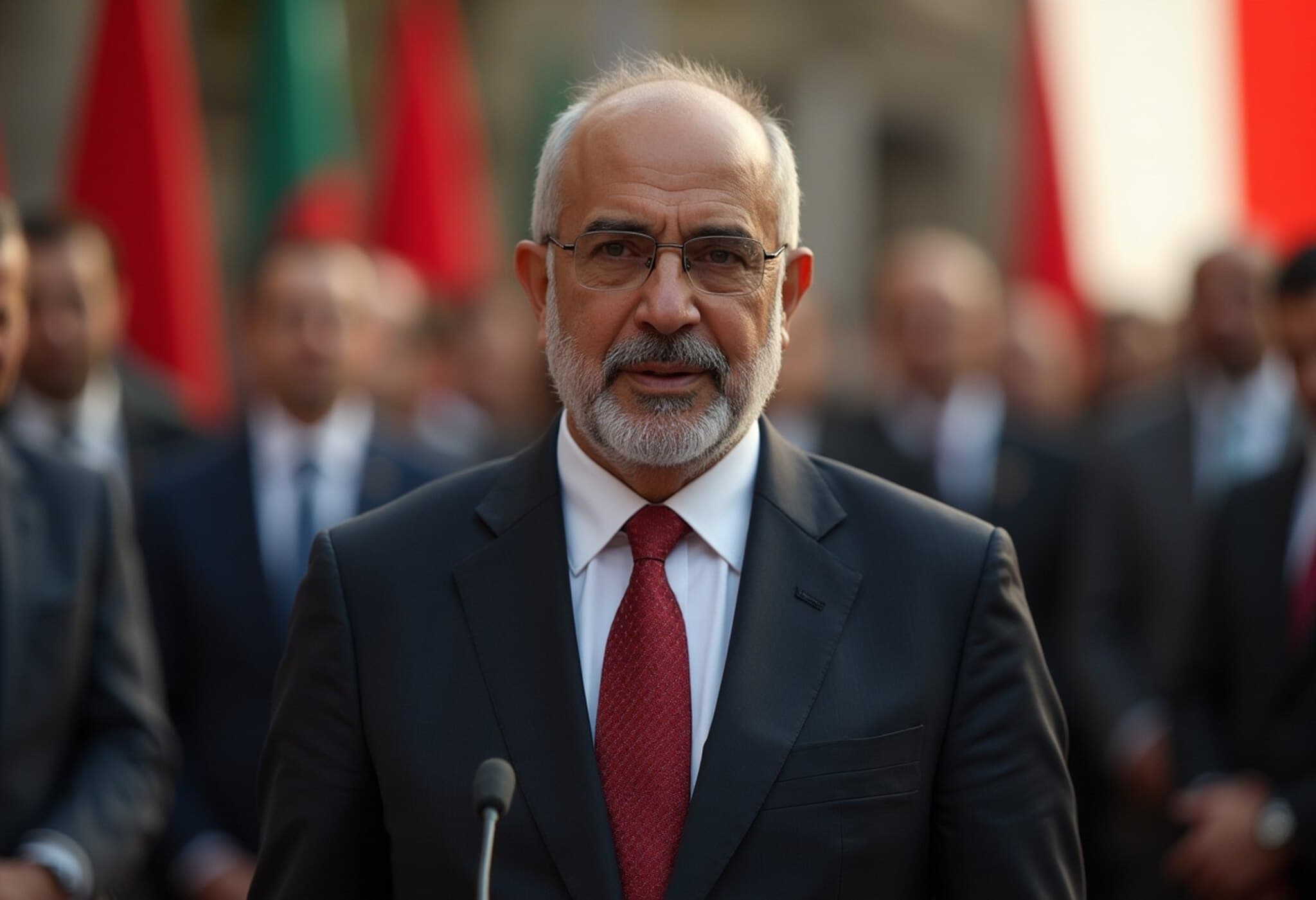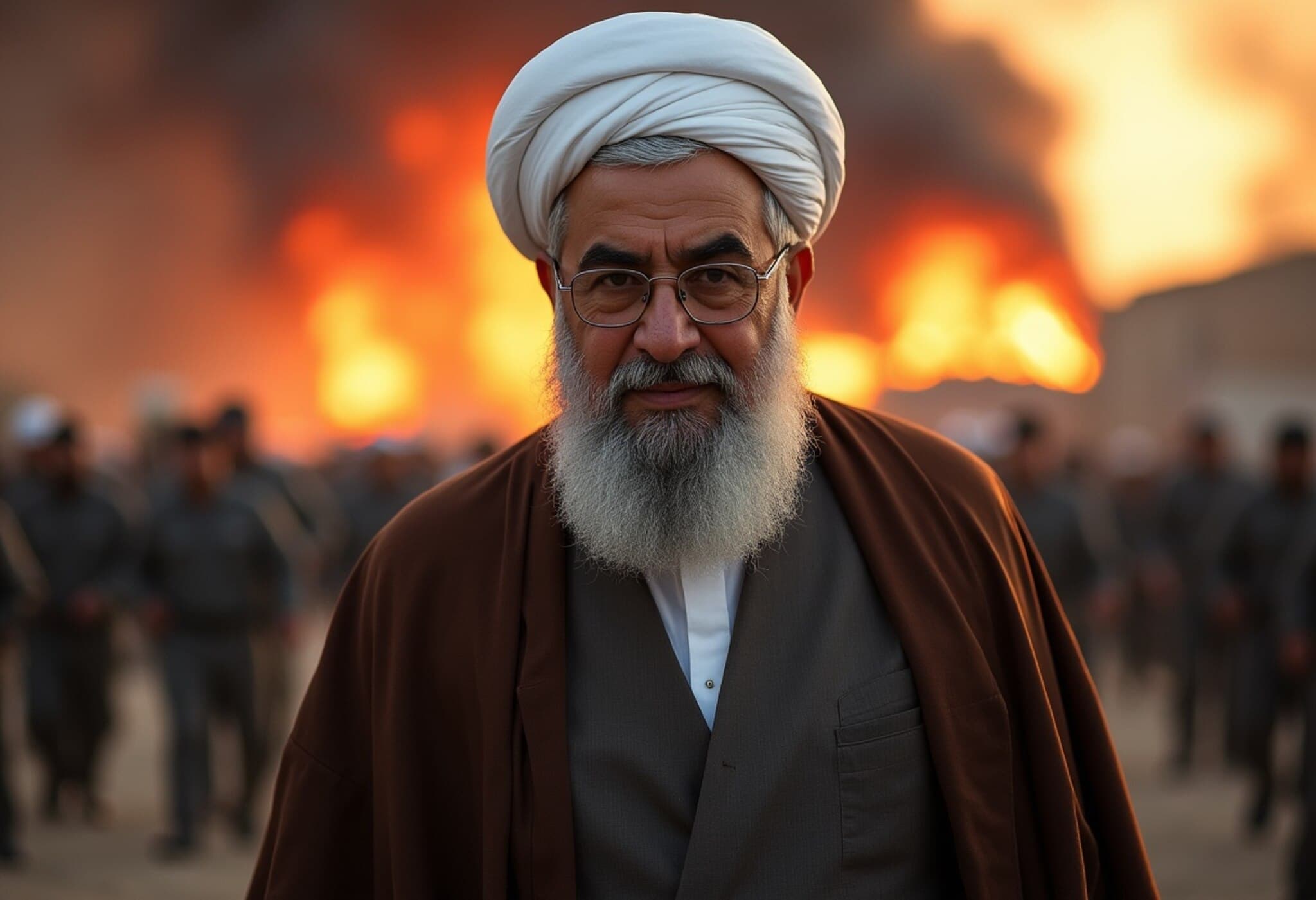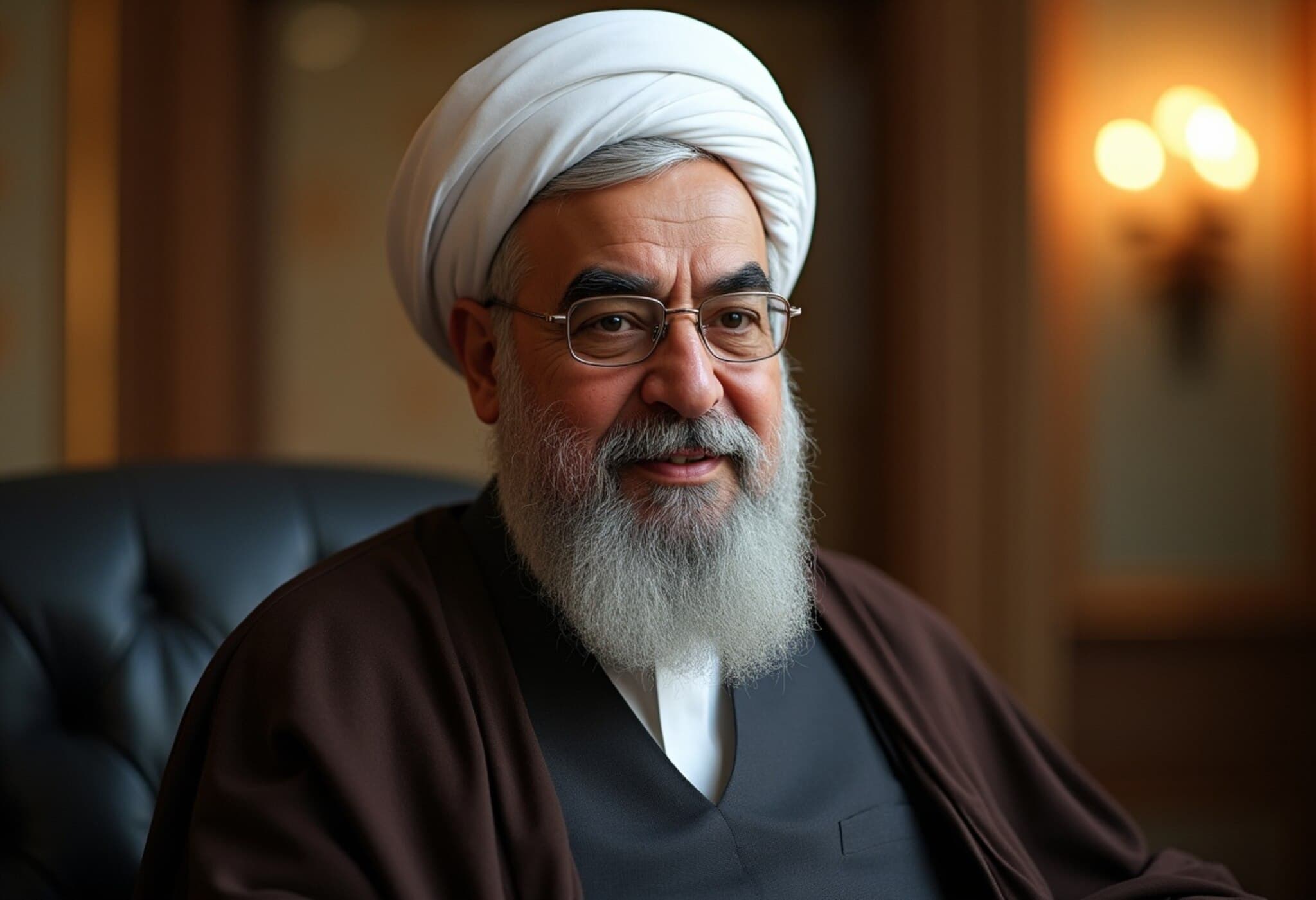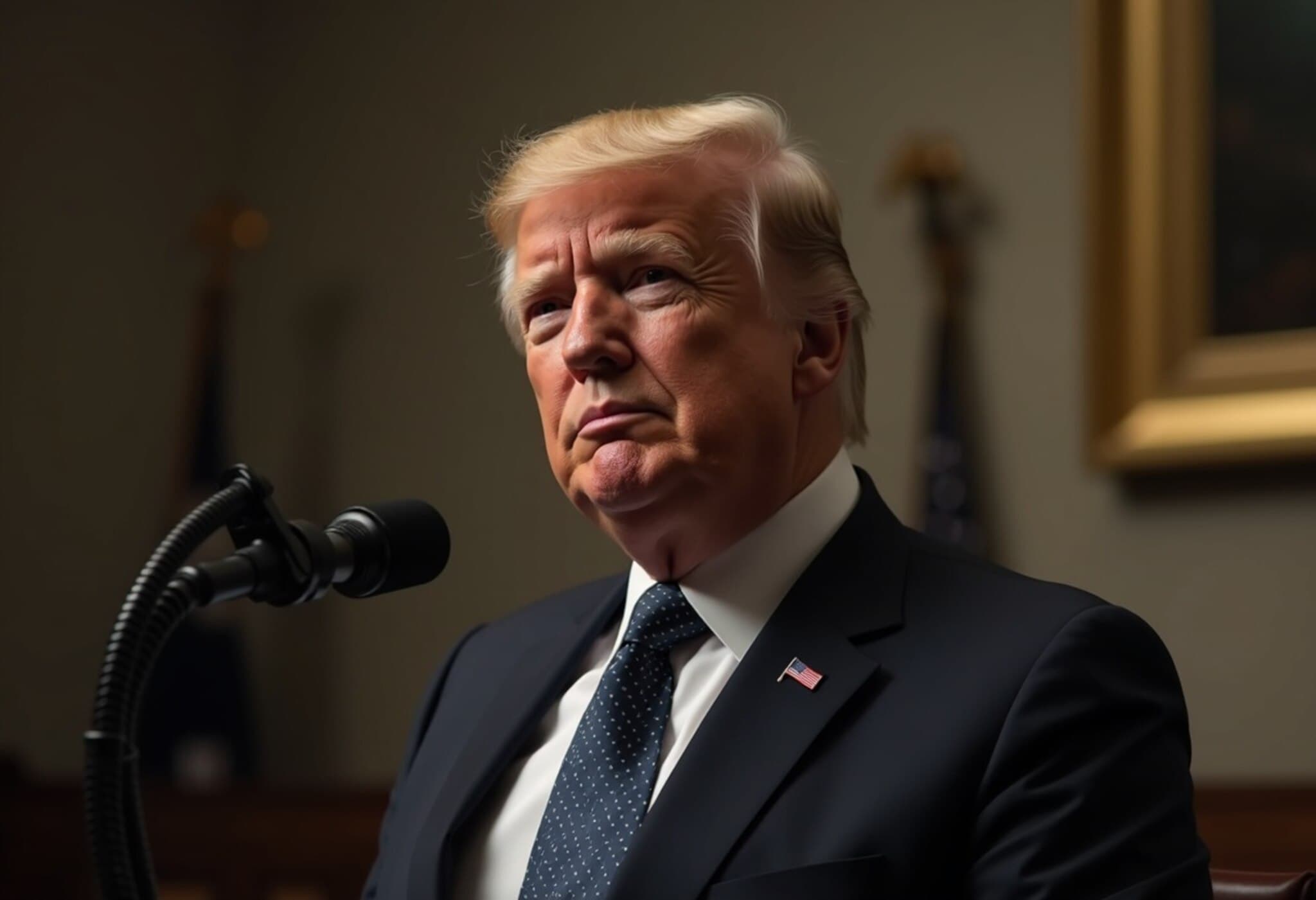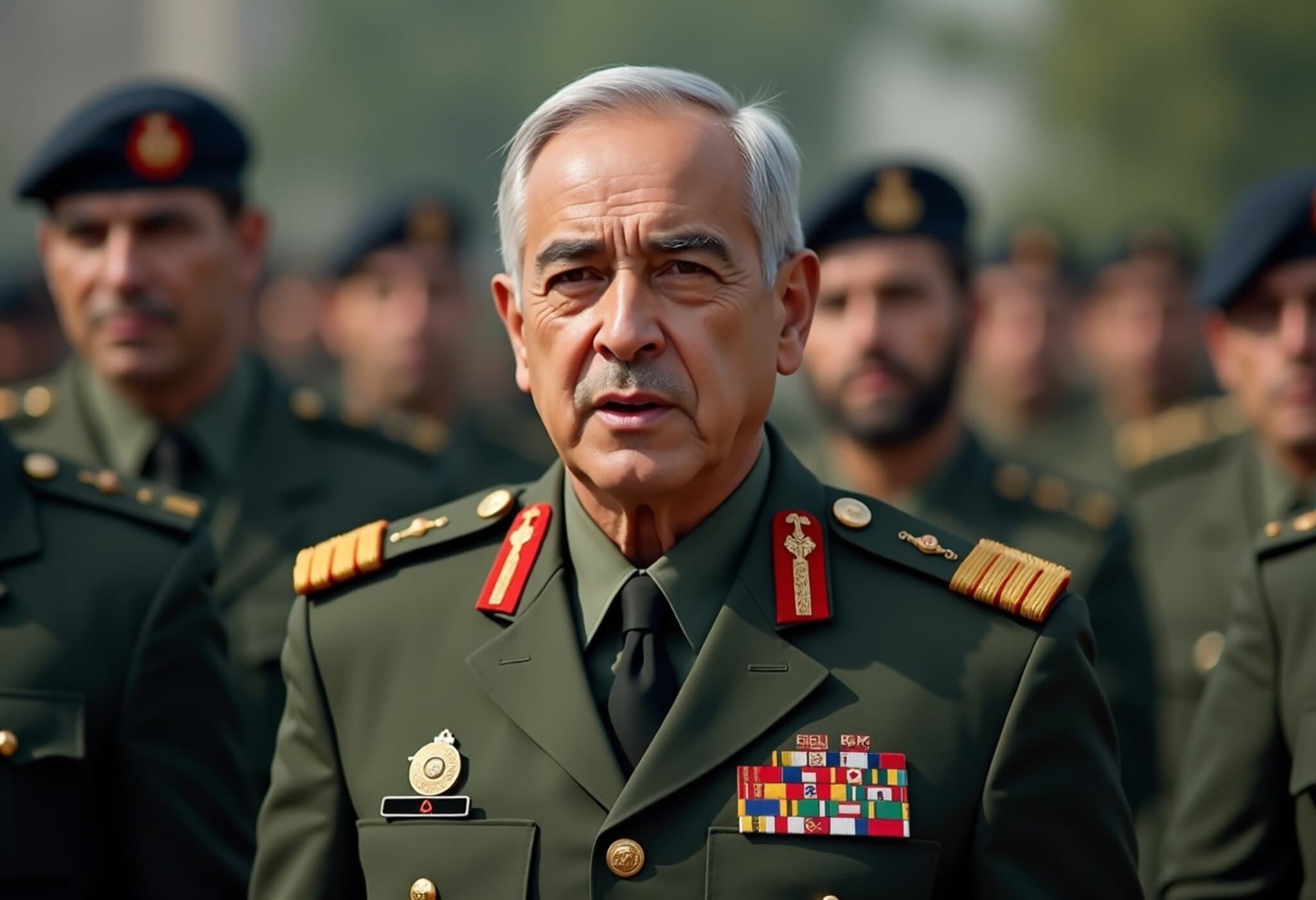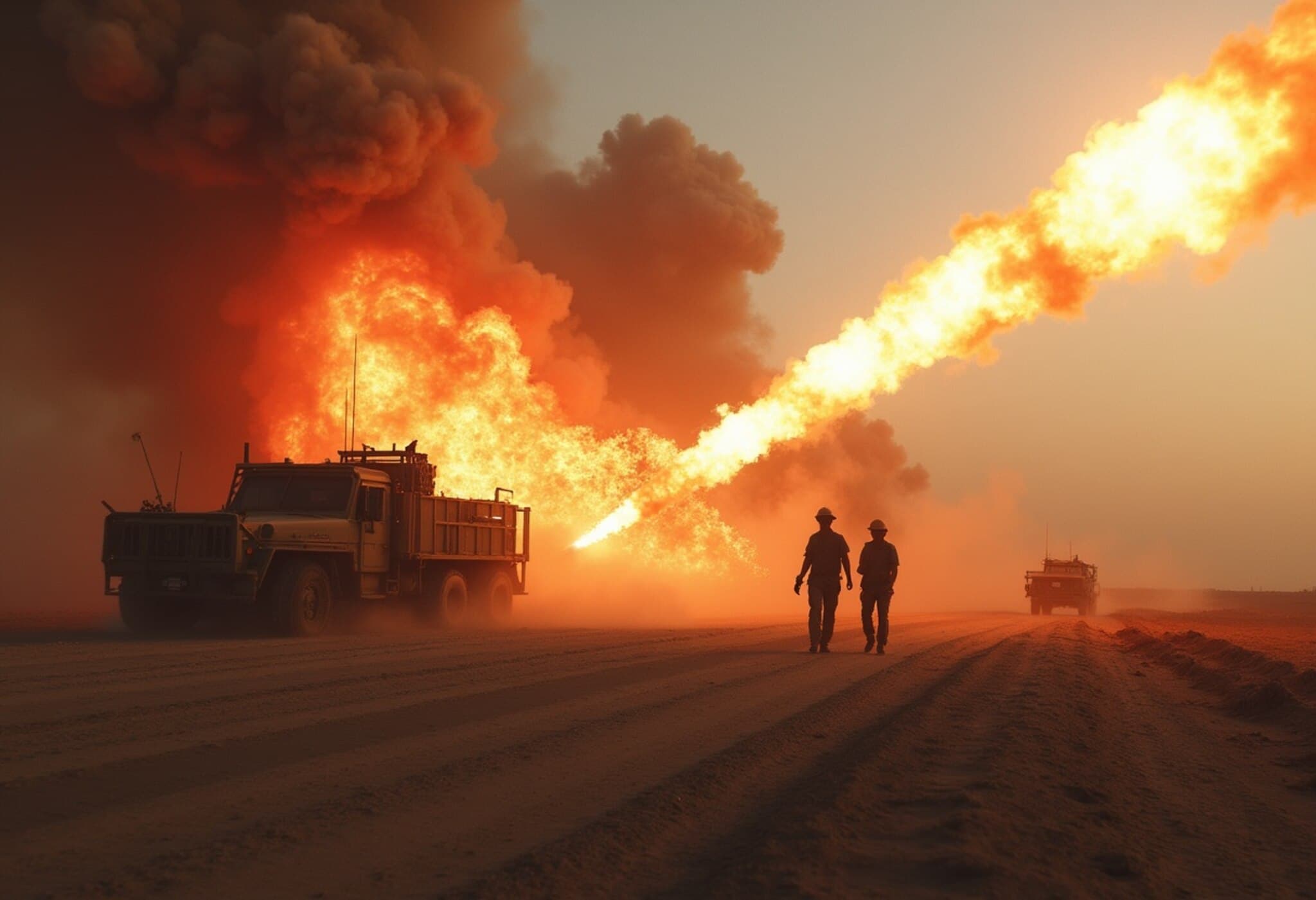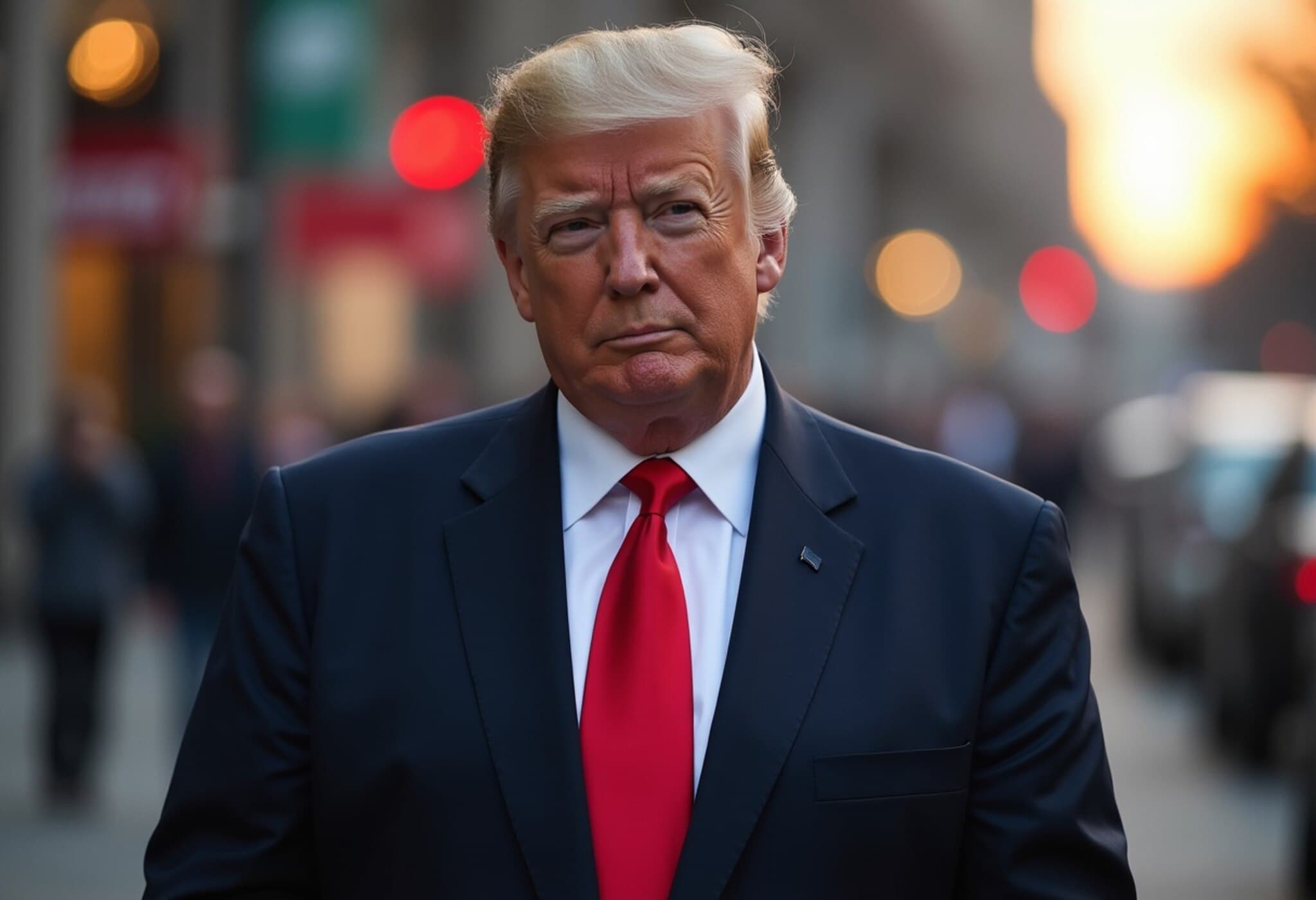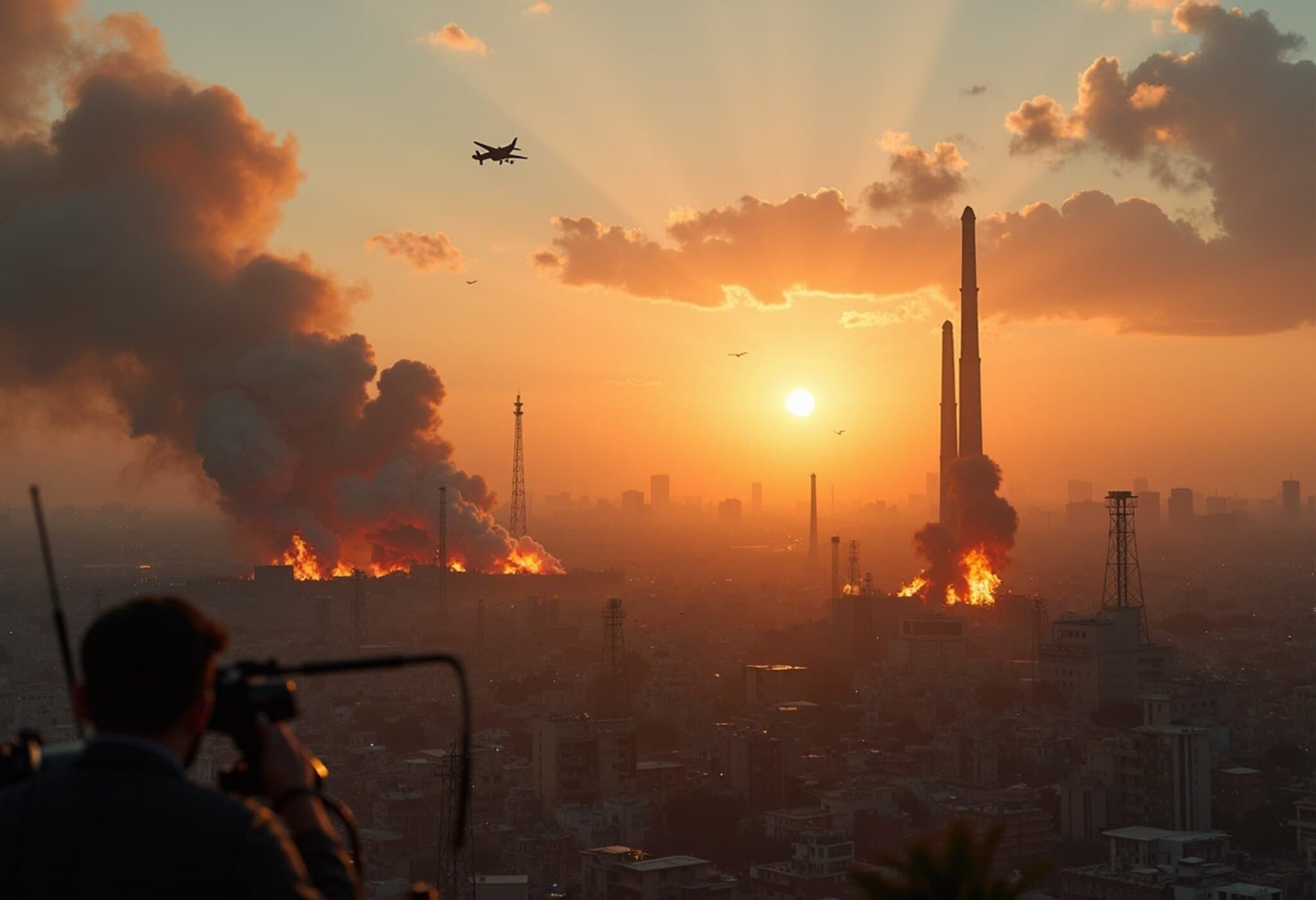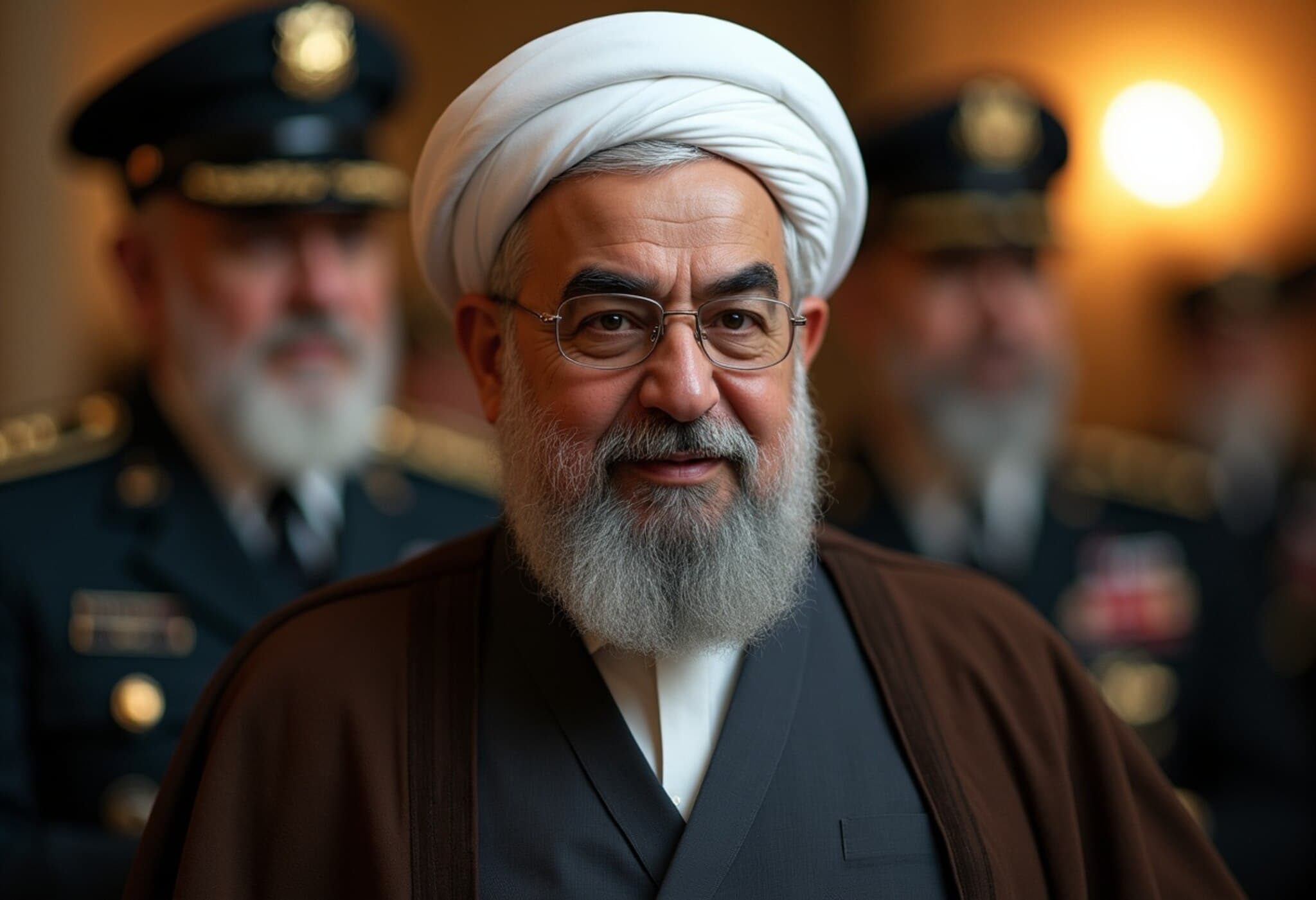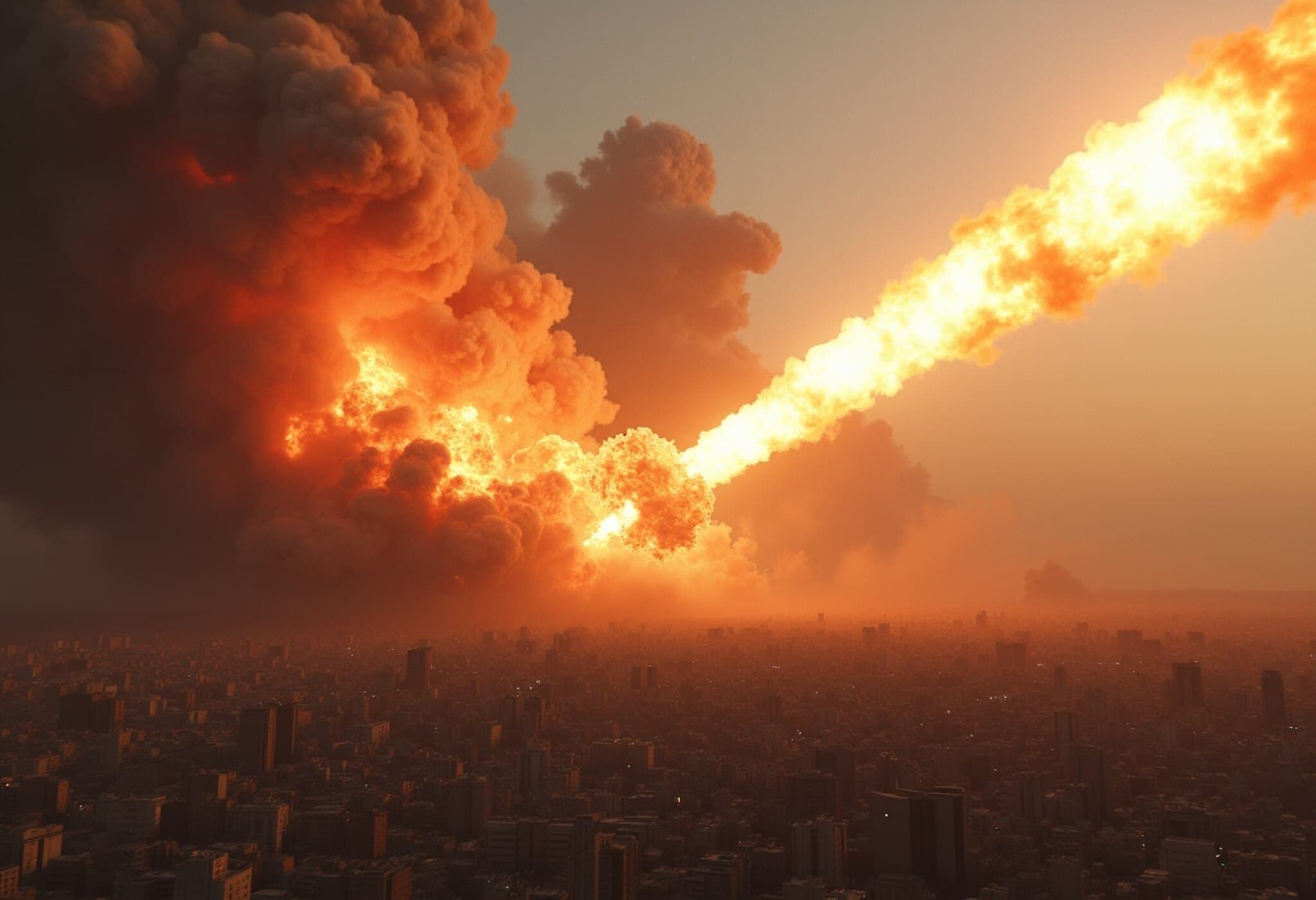Viral Tweets Paint a Lighter Side of Iran’s Supreme Leader Amid Conflict
As tensions intensify between Iran and Israel, an unexpected spotlight has fallen on the longstanding leader of Iran, Ayatollah Ali Khamenei. Several tweets from nearly a decade ago have resurfaced, revealing a surprisingly playful and personal side of the Supreme Leader, sharply contrasting his current stern and militant tone.
Lighthearted Reflections from the Past
The tweets date back as far as 2013 and include anecdotes about childhood, literature, and playful admissions that appear uncharacteristic against the backdrop of today’s geopolitical strife.
- 2013: Khamenei mentioned reading "Glimpses of World History" by Nehru, expressing surprise at India’s historical advances before colonization.
- 2013: He nostalgically recalled wearing a cloak to school, admitting it was uncomfortable but compensating by being “naughty and playful.”
- 2015: Despite not being fond of cinema or visual arts, he claimed to be an avid reader with a particular interest in poetry and novels.
- 2013: Reflecting on his youth, he noted his father’s reluctance to let him attend the gym during his Islamic school days.
Social Media Reacts with Humor and Criticism
These revelations have sparked amusement and sharp commentary across social platforms. Some reactions playfully noted that his mischievousness remains intact, while others delivered biting critiques juxtaposing his personal quirks against current controversies.
“You have nothing to be ashamed of. You’re just as naughty and playful as ever.”
“Didn’t know the Supreme Leader of Iran was this chill.”
“Is that why you’re such a weak leader?”
“Booktok Khamenei, someone find his Goodreads account!”
Context: Rising Conflict and Stark Rhetoric
These tweets come to light amidst escalating hostilities that have pushed the region to the brink. As missile exchanges continue between Iran and Israel, Khamenei has forcefully declared that "the Iranian nation is not one to surrender." Simultaneously, he warned the United States against intervening, cautioning that it would suffer "irreparable damage."
In retaliation, Israeli officials have labeled Khamenei as "the modern Hitler" and declared he "should no longer continue to exist," further fueling the intensity of the conflict.
Global Eyes Fixed on the Crisis
The world watches closely, especially as US leadership emphasizes preventing Iran from obtaining nuclear weapons, defining the stakes in this volatile scenario. Against this tense backdrop, these rediscovered tweets add a humanizing yet ironic dimension to the public image of a figure synonymous with firm ideological defiance.
Conclusion
The contrast between Khamenei’s earlier, lighter online expressions and his current uncompromising stance highlights the complexities behind a leader often seen only through the prism of politics and conflict. The resurfacing of these tweets invites both reflection and ridicule, underscoring how social media moments can unexpectedly influence perceptions during critical geopolitical moments.

